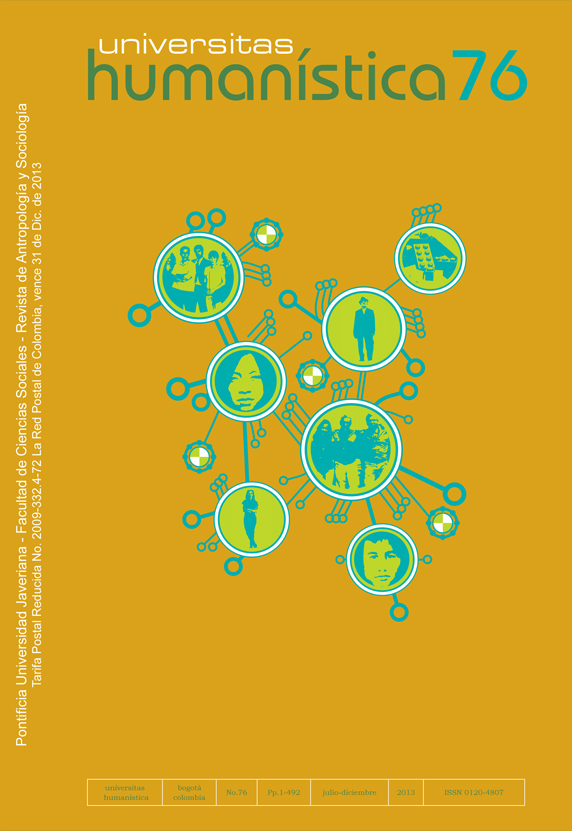Abstract
The main question that this article attempts to answer is: Why women do not develop software? The article presents five concentric rings which when combined make up our hypotheses regarding how to build female gender segregation in software production processes. We will first discuss the relationship between gender and technology in general by focusing on women early socialization. Second, we will analyze the first approaches to digital technology in particular. The third level corresponds to puberty and in it we explore the emotional dynamics that are established with respect to their peer groups who devote many hours to computers. The fourth level analyzes the gender gap in university programmes related to computer science. The fifth and final addresses the gender representations that those who hire informatic workers have.

This journal provides immediate open access to its content on the principle that making research freely available to the public, encourages greater global exchange of knowledge.
The journal Universitas Humanística is registered under a Creative Commons Attribution 4.0 International Public License. Thus, this work may be reproduced, distributed, and publicly shared in digital format, as long as the names of the authors and Pontificia Universidad Javeriana are acknowledged. Others are allowed to quote, adapt, transform, auto-archive, republish, and create based on this material, for any purpose (even commercial ones), provided the authorship is duly acknowledged, a link to the original work is provided, and it is specified if changes have been made. Pontificia Universidad Javeriana does not hold the rights of published works and the authors are solely responsible for the contents of their works; they keep the moral, intellectual, privacy, and publicity rights.
Approving the intervention of the work (review, copy-editing, translation, layout) and the following outreach, are granted through an use license and not through an assignment of rights. This means the journal and Pontificia Universidad Javeriana cannot be held responsible for any ethical malpractice by the authors. As a consequence of the protection granted by the use license, the journal is not required to publish recantations or modify information already published, unless the errata stems from the editorial management process. Publishing contents in this journal does not generate royalties for contributors.


